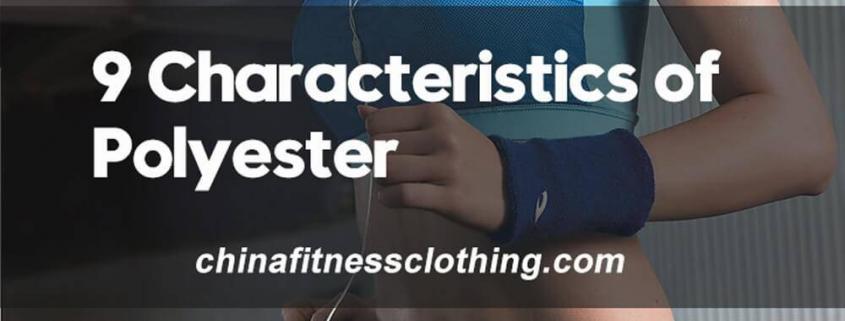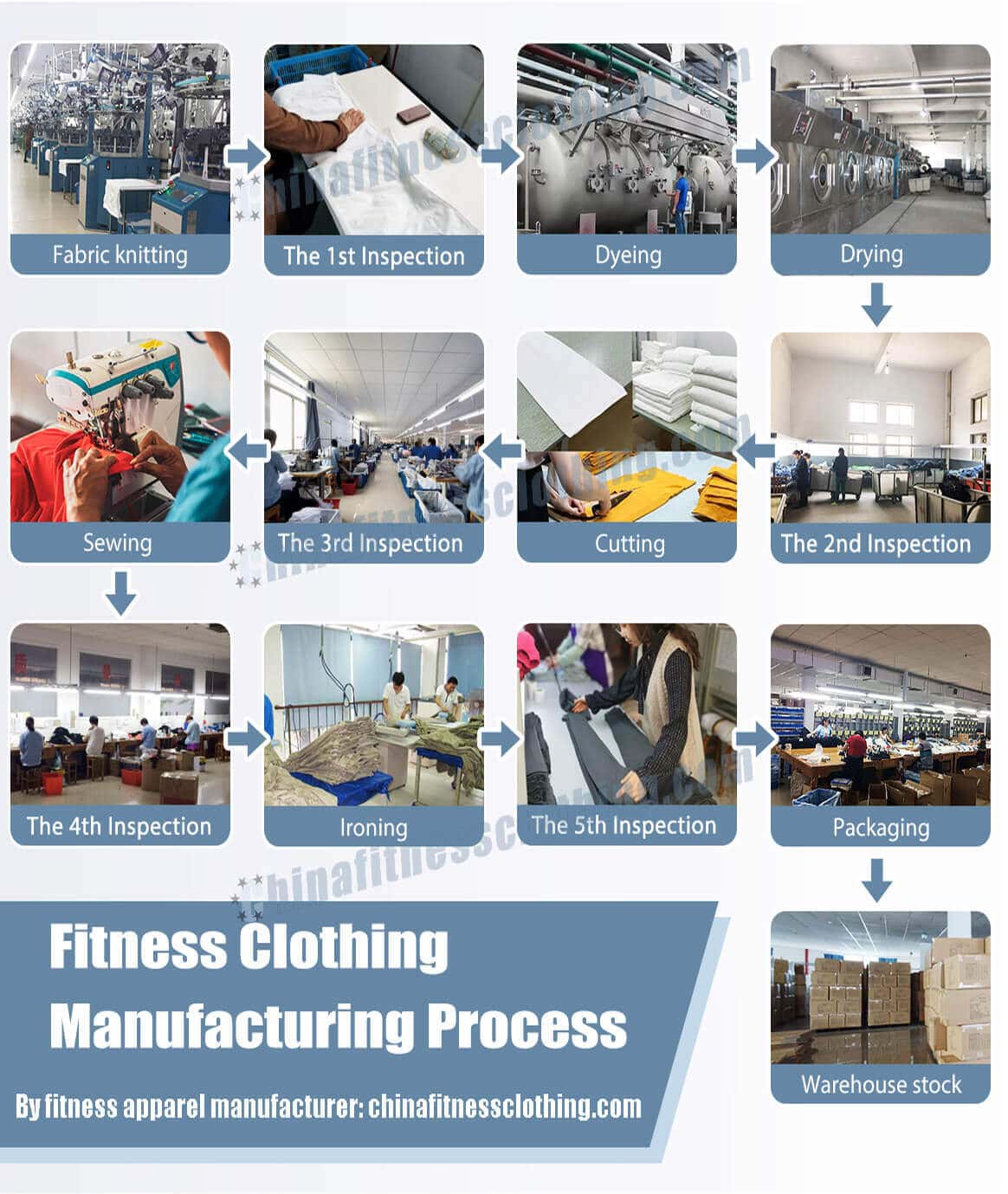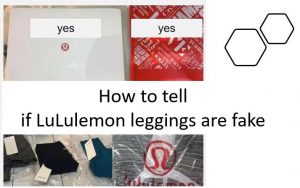This article introduces 9 characteristics of polyester, including high strength and toughness, good Elasticity, Good Heat Resistance And Thermal Insulation, etc.
#1 Characteristics of Polyester: High Strength And Toughness
The strength of the short fiber is 2.6-5.7cn/dtex, and that of high strength fiber is 5.6-8.0cn/dtex.
Because of its low hygroscopicity, its wet strength is basically the same as that of dry strength. The impact strength is 4 times higher than that of nylon fiber and 20 times higher than that of viscose fiber.
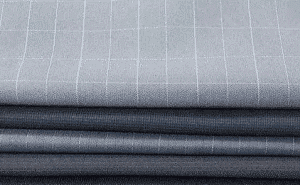
#2: Good Elasticity
The elasticity is close to that of wool. When the elongation is 5% ~ 6%, it can almost recover completely. The wrinkle resistance is better than other fibers, that is, the fabric is wrinkle-free and has good dimensional stability. Polyester fabric has high strength and elastic recovery ability, so it is durable, wrinkle-resistant and non-ironing.
#3: Good Heat Resistance And Thermal Insulation
Heat-resistant polyester fiber is made by the melt spinning method. The formed fiber can be heated and melted again. It belongs to thermoplastic fiber.
Therefore, the thermal conductivity and thermal insulation of polyester fiber are higher than those of polyester fiber. It’s the best synthetic fiber.
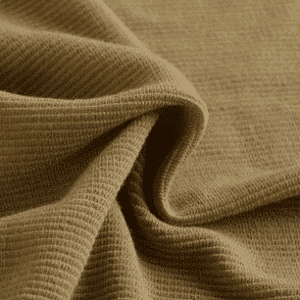
#4: Good Thermoplastic And Poor Melting Resistance
Because the surface of polyester is smooth and the internal molecules are closely arranged, polyester is the most heat-resistant fabric in synthetic fiber fabrics. It has thermoplasticity and can be made into pleated skirts with long-lasting pleating.
At the same time, polyester fabric has poor melting resistance, and it is easy to form holes when encountering soot and sparks. Therefore, when wearing, try to avoid contact with cigarette ends, sparks, etc.
#5: Good Wear Resistance
The abrasion resistance is second only to nylon, which is the best in abrasion resistance and is better than other natural fibers and synthetic fibers.
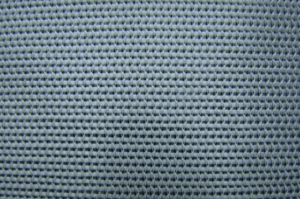
#6: Good Light Resistance
Lightfastness is second only to acrylic fiber. The lightfastness of polyester fabric is better, except that it is worse than acrylic, its light fastness is better than natural fiber fabric. Especially the light fastness behind the glass is very good, almost as good as acrylic.
#7 Characteristics of Polyester: Corrosion Resistance
It is resistant to bleaching agents, oxidants, hydrocarbons, ketones, petroleum products and inorganic acids.
It is resistant to dilute alkali, not afraid of mildew, but hot alkali can make it decompose. There is also strong resistance to acids and alkalis, and UV resistance.
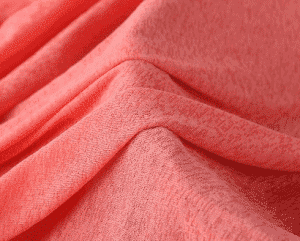
#8: Poor Dyeability
The color fastness is good, and it is not easy to fade. Because there is no specific dyeing group on the molecular chain of polyester, and the polarity is small, it is difficult to dye. Dye molecules are not easy to enter the fiber.
But now, there is a modified type of polyester called Cationic Polyester, the poor dyeability of polyester has been improved a lot!
#9 Characteristics of Polyester: Poor Hygroscopicity
Wearing it has a sense of sultry heat, and at the same time, it is easy to be charged with static electricity and dirt, which affects the appearance and comfort.
However, it is very easy to dry after washing, and the wet strength hardly decreases. It does not deform and has good wearability.

